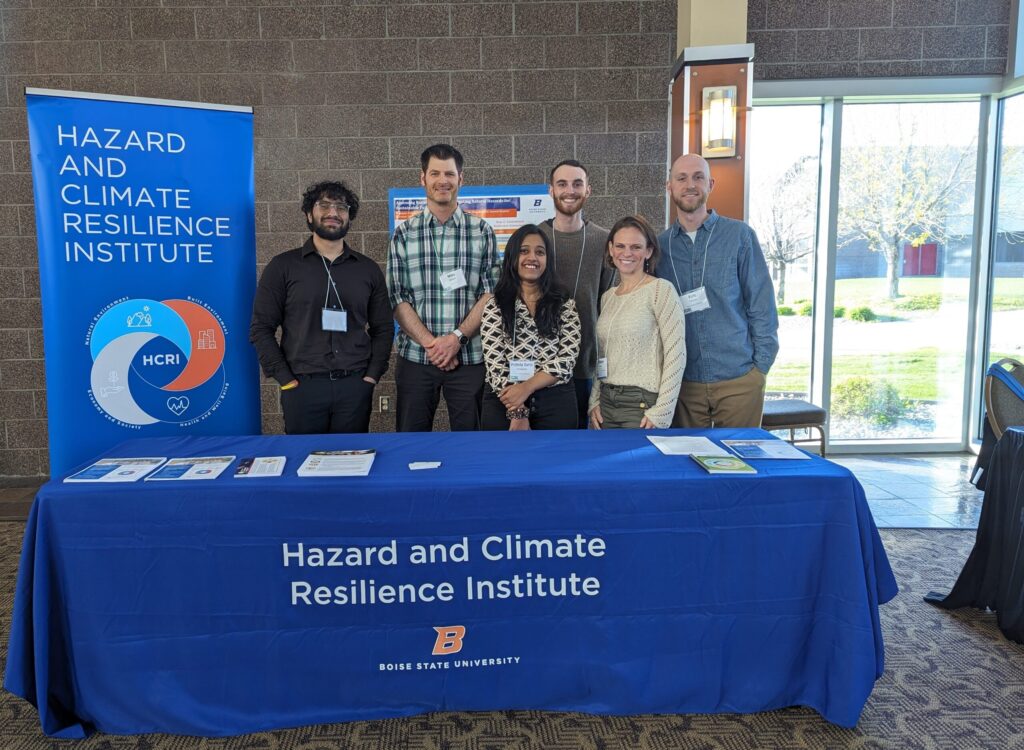Assessing Rural Resilience: Fostering cross-sector collaboration to build connected, thriving communities
Community resilience is the capacity of individuals, communities, institutions, businesses, and systems to thrive no matter what kinds of chronic stresses and acute shocks they experience. Comprehensive resilience assessments play a vital role in helping communities understand risk profiles, implement efficient mitigation strategies with limited resources, and recover with the future in mind.
Developing resilience measurements and strategies that reduce risk, enhance economic resilience, and address the most pressing needs of communities is a national priority. However, rural communities often lack capacity and expertise to build collaborative resilience strategies, and existing resilience assessment frameworks fail to holistically assess rural contexts.
To address these challenges, we are creating a university-community partnership model to conduct a resilience assessment and strategy with rural communities. Research questions include:
What engagement strategies are most effective at motivating holistic resilience planning and collaborative action?
Does our whole-community approach improve collaboration across sectors?
Our “Building Resilient Communities” approach is adapted from the City Resilience Index (CRI), with its strengths lying in its rural focus, customizability, and emphasis on solutions and strategy-building moving forward. Team members include Department of Geoscience faculty, HCRI researchers, and an interdisciplinary group of BSU students from the Building Resilient Communities VIP course.
In Spring 2024, we reviewed qualitative data methods relevant to rural communities, modified the CRI question set, and created a customizable framework using twelve “Characteristics of Resilient Communities.” Next, we’ll perform a resilience assessment of Valley County, Idaho, which faces concerns of balancing environmental and economic sustainability while ensuring residents have every opportunity to thrive (housing, health, social resources, etc).
Fall 2024 actions include stakeholder relationship building, reviewing Valley County plans and initiatives, and a pre-assessment workshop at the annual Valley County Economic Summit. We will then conduct an in-depth resilience assessment through Spring 2025, using cross-sector focus groups and a “whole community” solutions-focused workshop. The final outcome is a prioritized action list (resilience strategy) tied to resources and student-led projects to support efforts.
People
- Dr. Brittany Brand, Associate Professor, Department of Geosciences and Director of Hazard and Climate Resilience Institute
- Dr. Zachary Provant, Postdoctoral Research Fellow, Hazard and Climate Resilience Institute
- Kyle Peterson, MPH, Research Associate, Hazard and Climate Resilience Institute
- Prithila Purkayastha, PhD student, Department of Geosciences and Hazard and Climate Resilience Institute
Project Collaborators
(List will grow substantially over the Fall 2024 Semester)
- West Central Mountains Economic Development Council
- Valley County Commissioners
- Valley County Emergency Management
